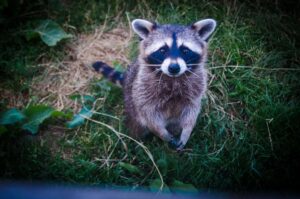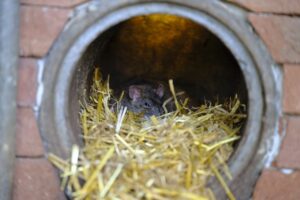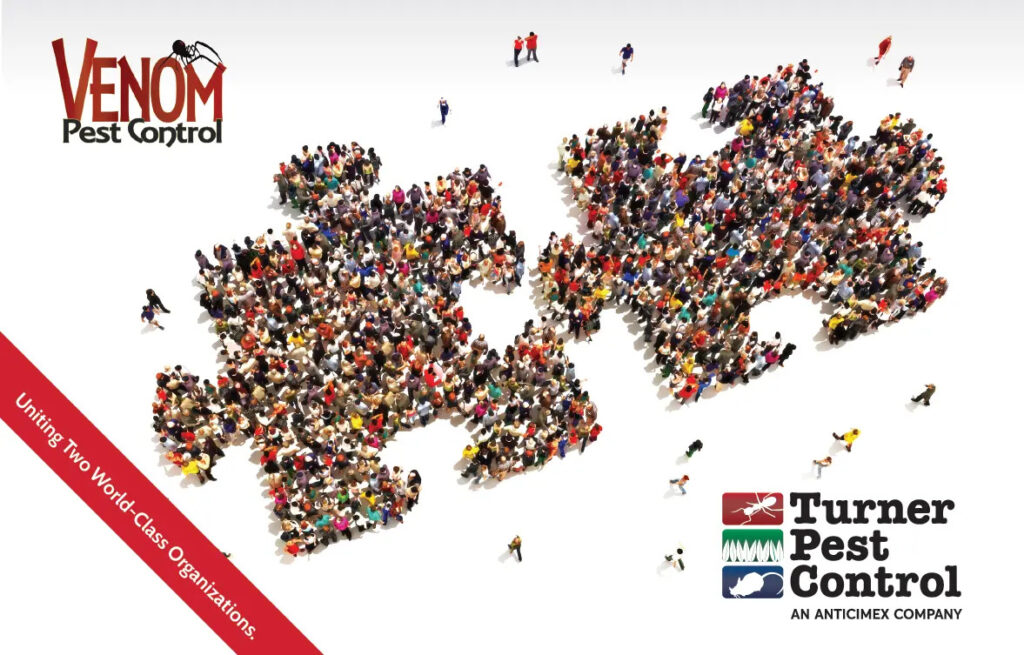With many massive, diverse populations calling it home, the state of Florida is absolutely teeming with life. At the time of this writing, the state is home to over 22 million humans—who are obviously not alone. According to the Florida Fish and Wildlife Conservation Commission (FWC), the state is also home to “over 700 terrestrial animals, more than 200 freshwater fish, more than 1,000 marine fish, numerous other aquatic and marine vertebrates, and many thousands of terrestrial insects and other invertebrates.”
Neat, right? Sure, until you’re faced with the very-real problem of wildlife removal. What constitutes a nuisance, and what species pose the greatest threats? Where do you turn for nuisance wildlife removal? Keep reading for a brief overview that will provide the answers.
What Are Examples of Nuisance Wildlife?
You might be surprised by the number of nuisance animals in Florida, which are governed by specific laws and regulations.
What animals do you consider a nuisance? Many people might think about their neighbor’s barking dog or maybe an aggressively affectionate housecat. In reality, “nuisance animal” is a technical term with a strict definition. As outlined by the FWC, here’s the official definition, which is less about specific species and more about the type(s) of threat their presence or actions may pose.
 Nuisance wildlife refers to an animal or animals exhibiting behavior that:
Nuisance wildlife refers to an animal or animals exhibiting behavior that:
- Causes (or is about to cause) property damage,
- Presents a threat to public safety, or
- Causes an annoyance within, under, or upon a building.
What Kinds of Nuisance Animals Call Florida Home?
With the FWC’s straightforward criteria in mind, here’s a partial list of nuisance animals in Florida:
- Armadillos: An armadillo’s search for food can lead them to uproot plants, yards, and gardens. They also tend to burrow into safe places, like beneath a patio, porch, or driveway. This behavior can cause an incredible amount of destruction (and it can happen literally overnight).
- Bats: Most people prefer not to deal much with bats. They’re usually thought of as being loud, ugly, and unpredictable (though they’re not all bad, as they do enjoy snacking on nuisance insects). The biggest threat they pose is to human health since bats are notorious carriers of diseases—including rabies.
- Birds: Woodpeckers are one of the first nuisance birds many people think of due to their famous tendency for, well, pecking at wood to establish territory and find insects to eat. When geese congregate, they can be loud, messy, and destructive to the landscape. Other nuisance birds in Florida can include crows, ducks, egrets, pigeons, vultures, and more.
- Coyotes: While humans and domesticated or farm animals might react to a coyote sighting with fear, not all coyotes are nuisance animals. For the most part, they mind their own business, but if they’re sighted and seem like a threat, they can be removed. Many people take a proactive approach, banishing them before they have a chance to threaten any people, pets, or livestock.
- Moles: These diligent burrowers can drive homeowners, landscapers, and farmers mad with the networks of tunnels they create in their search for food (or just general travel). That’s largely the extent of their threat, though, as most don’t want to eat your garden bulbs or crops. They prefer tasty treats such as insects, grubs, earthworms, and the like.
- Opossums: Like raccoons and skunks, opossums will seek out food in places like vegetable gardens, flower beds, garbage cans, attics, and crawl spaces, leaving messes behind. They’re not particularly afraid of humans or urban environments, so they are more widespread than you might expect. Worse than their messes, opossums can transmit diseases like tuberculosis, spotted fever, and more.
- Raccoons: Similar to Opossums, above. An additional threat racoons pose is that they are a “major rabies carrier in Florida,” according to the University of Florida’s Institute of Food and Agricultural Studies (IFAS).
- Rats: Several types of rats call Florida home, including Palm, Wood, and Norway varieties. If you ever wonder what makes them so bold around humans, their confidence likely arises from strength in numbers. Rats are seemingly all over the place, with two Florida cities ranking among the most rat-infested in the nation. Rats are a nuisance because they are messy, transmit disease, and can chew through a range of materials (like wires, wood, and more).
- Skunks: Similar to Opossums and Raccoons, above.
- Snakes: According to the FWC, there are at least 44 snake species slithering around the Sunshine State, only 6 of which are venomous (potentially a nuisance). For the most part, non-venomous snakes don’t pose much threat, aside from possibly making your skin crawl. They’re at least as afraid of us as we are of them, though if one makes its way into your home in search of warmth or shelter, it can be considered a nuisance animal at that point.
- Squirrels: Homeowners, especially those who enjoy feeding the birds and/or cultivating vegetable gardens, might consider squirrels a nuisance animal. They can eat from bird feeders, making messes and driving birds away. They’re also known hoarders, so you can bet they won’t be leaving your property—especially hideouts like attics, barns, and the like—any nicer than they found it.
- Woodchucks: Like moles, woodchucks can disrupt the ground and consume or destroy gardens/crops. They’re also adept climbers, meaning they can climb trees to steal future harvests and broach fences to enter new properties.
What Are My Options for Nuisance Wildlife Removal?
 The FWC notes that “trapping and relocating or killing native wildlife should be a last resort and only when all other proactive measures have failed and an animal meets the nuisance criteria.”
The FWC notes that “trapping and relocating or killing native wildlife should be a last resort and only when all other proactive measures have failed and an animal meets the nuisance criteria.”
That being said, their recommendations continue by noting that “before removing nuisance native wildlife,” you should “be familiar with the nuisance wildlife regulations.” If you’re looking for in-depth information about what animals are legal to kill in Florida, you can access and review specific regulations and Florida nuisance animal laws (including those that govern FWC prohibited species) online.
What Is a Nuisance Wildlife Removal Permit, and Should I Get One?
If you’re thinking about handling nuisance wildlife removal on your own, you’ll want to make sure you understand what is legal and what’s not. There are several different nuisance wildlife permits available to Florida residents that apply to different wildlife species and situations; you can review them here.
For each permit type, you can see details like what they allow versus what they prohibit, how to apply, and more. If you have questions about a specific permit type or application process, it’s recommended that you connect with your local FWC office.
For the average Florida resident, the best approach to nuisance wildlife is to play it safe and consult with professionals. Whatever’s causing trouble on your property, they’ve probably seen it before, hundreds if not thousands of times before!
Where Can I Find Professional Nuisance Wildlife Removal Near Me?
Whether you’re dealing with a single nuisance or a horde of invaders, the team of pros at Turner Pest Control is just a call or click away. Contact us with general questions, or complete our simple web form to schedule a free inspection for your residence or commercial property in Florida. We’ve been providing a top-tier customer experience for over 50 years and offer a wide range of services related to pest control and nuisance wildlife removal. We look forward to hearing from you!
READY TO TAKE BACK CONTROL OVER YOUR SPACE?
Contact us today to learn more about our pest control services for residential, rental, and commercial properties.


